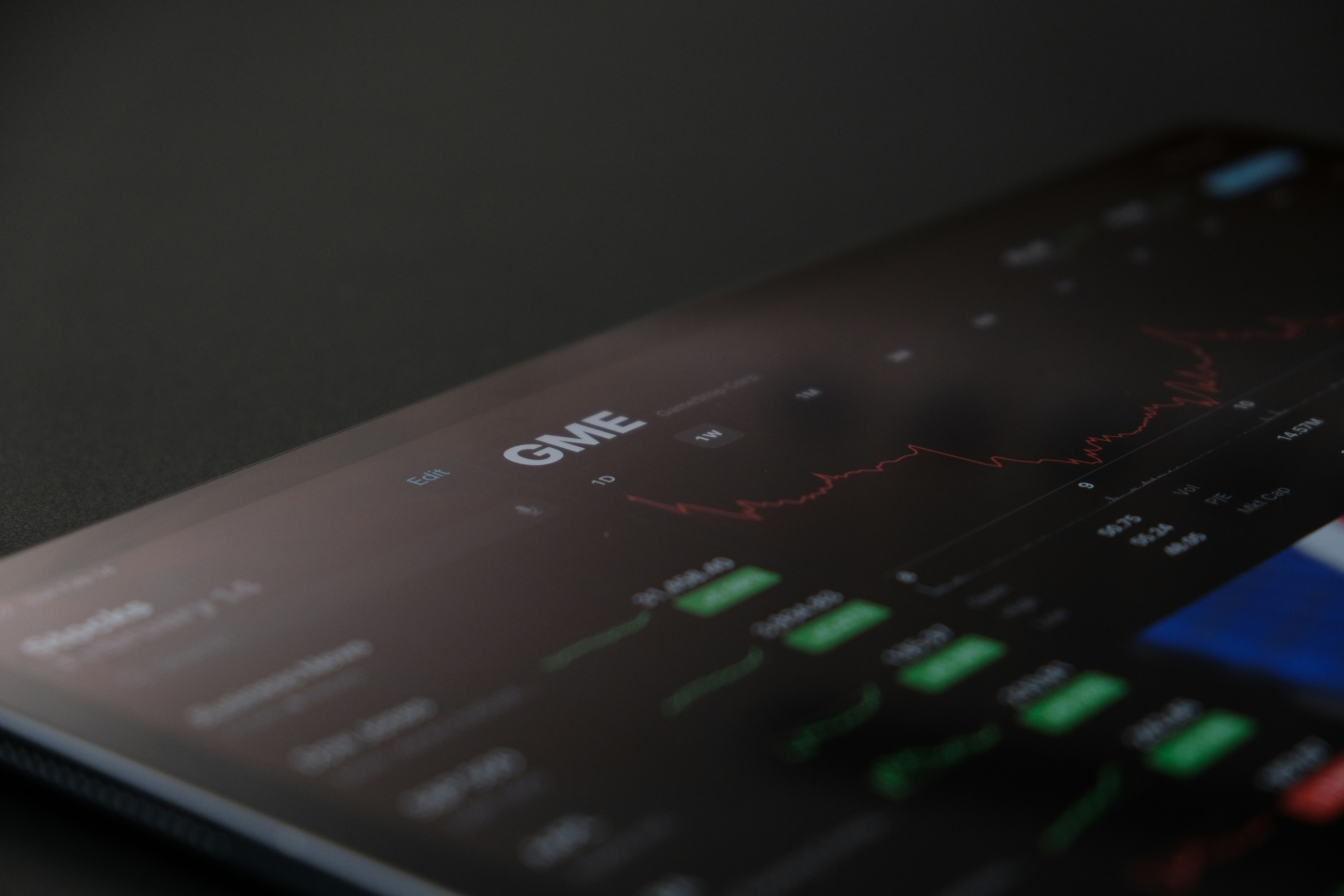Forex (foreign exchange) trading is the buying and selling of currencies on the global market — the world's largest financial market with over $7.5 trillion traded daily. This guide explains how forex works, key concepts like pips and leverage, and how LATAM beginners can start trading safely with a regulated broker.
What is Forex Trading?
Forex (foreign exchange) is the global marketplace for buying and selling currencies. It's the largest and most liquid financial market in the world, with over $7.5 trillion traded daily.
When you trade forex, you're simultaneously buying one currency while selling another. Currencies are always traded in pairs (e.g., EUR/USD, GBP/JPY).
How Does Forex Trading Work?
Currency Pairs Explained
Every forex trade involves a currency pair:
- Base currency (first): The currency you're buying
- Quote currency (second): The currency you're selling
Example: EUR/USD = 1.0950
- This means 1 Euro equals 1.0950 US Dollars
- If you think the Euro will strengthen, you buy EUR/USD
- If you think the Euro will weaken, you sell EUR/USD
Major Currency Pairs
The most traded pairs (known as "majors"):
- EUR/USD — Euro vs US Dollar (most liquid)
- GBP/USD — British Pound vs US Dollar
- USD/JPY — US Dollar vs Japanese Yen
- USD/CHF — US Dollar vs Swiss Franc
- AUD/USD — Australian Dollar vs US Dollar
- USD/CAD — US Dollar vs Canadian Dollar
- NZD/USD — New Zealand Dollar vs US Dollar
Why Should You Trade Forex?
Advantages
✅ 24/5 Market Access — Trade Monday–Friday, around the clock
✅ High Liquidity — Easy to enter and exit trades
✅ Low Capital Requirements — Start with as little as $100
✅ Leverage Available — Control larger positions with less capital
✅ No Commissions — Most brokers earn from the spread
Risks
⚠️ High Volatility — Prices can move rapidly
⚠️ Leverage Risk — Magnifies both profits and losses
⚠️ 24-Hour Market — Requires discipline and monitoring
⚠️ Complexity — Multiple factors affect currency prices
What Moves Currency Prices?
Currency values change based on:
1. Economic Data
- GDP growth rates
- Employment reports (e.g., US Non-Farm Payrolls)
- Inflation data (CPI, PPI)
- Retail sales and manufacturing data
2. Central Bank Policy
- Interest rate decisions
- Quantitative easing or tightening
- Forward guidance
3. Political Events
- Elections and policy changes
- Trade agreements or disputes
- Geopolitical tensions
4. Market Sentiment
- Risk appetite (risk-on vs risk-off)
- Safe-haven flows during crises
- Speculation and positioning
How to Start Forex Trading
Step 1: Education
- Learn the basics (you're here! ✓)
- Understand risk management
- Study chart patterns and analysis
Step 2: Choose a Broker
- Verify regulation (FCA, ASIC, CySEC)
- Compare spreads and fees
- Test the trading platform
- Check customer support
👉 Compare regulated forex brokers
Step 3: Open a Demo Account
- Practice with virtual money
- Test strategies risk-free
- Learn the platform features
- Build confidence before risking real capital
Step 4: Start Small
- Begin with a mini or micro account
- Risk only 1-2% per trade
- Keep a trading journal
- Focus on learning, not profits
What Are the Most Common Forex Terms?
Pip (Point in Percentage) — The smallest price movement (usually 0.0001)
Spread — The difference between buy and sell price (broker's fee)
Leverage — Borrowing capital to control larger positions (e.g., 1:100)
Margin — The deposit required to open a leveraged position
Lot — Standard trade size (1 lot = 100,000 units of base currency)
Stop Loss — An order to close a losing trade at a predetermined price
Take Profit — An order to close a winning trade at a target price
Is Forex Trading Right for You?
Forex trading may suit you if:
- ✅ You can dedicate time to learning and analysis
- ✅ You have the discipline to follow a trading plan
- ✅ You can handle risk and potential losses
- ✅ You're interested in global economics and markets
- ✅ You can control emotions during volatile markets
Forex may not be suitable if:
- ❌ You need guaranteed income
- ❌ You can't afford to lose your capital
- ❌ You're looking for "get rich quick" schemes
- ❌ You react emotionally to losses
- ❌ You don't have time for proper education
What Are the Next Steps for Beginners?
📚 Continue Learning:
🔍 Find a Broker:
⚠️ Important: Forex trading involves significant risk. Never trade with money you can't afford to lose. Consider starting with a demo account before risking real capital.
Last Updated: October 2026
Bottom Line
Forex trading is accessible to LATAM traders with as little as $100 through regulated brokers like Libertex or eToro. Start with a demo account, learn to read charts and manage risk, and never trade with money you cannot afford to lose. The forex market offers opportunities, but only disciplined traders succeed long-term.
Key Takeaways
Remember these important points:
- 1 Risk management is the most important skill in trading
- 2 Never risk more than 1-2% per trade
- 3 Always use stop losses - no exceptions
Related Articles
Learn to protect your capital
Learn to read charts
Create your strategy


